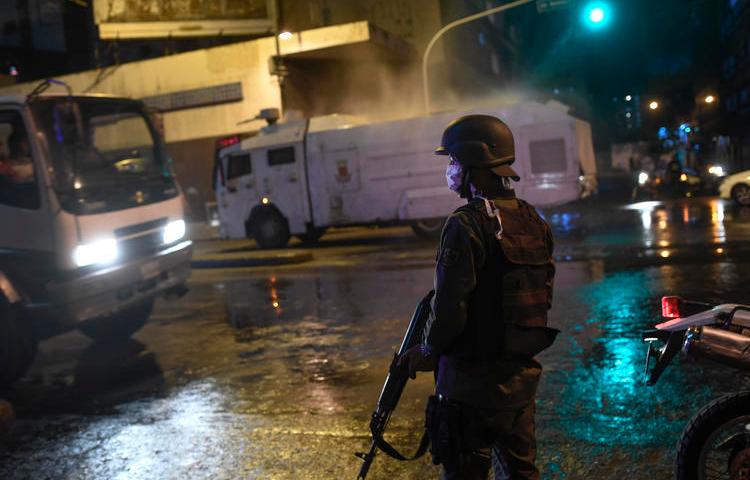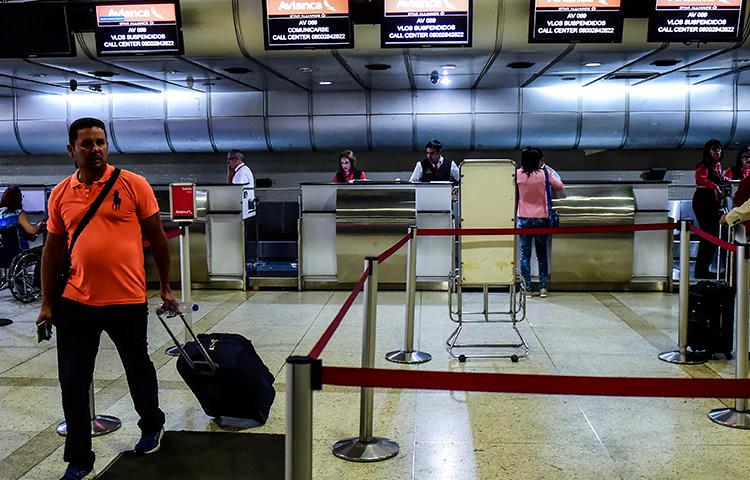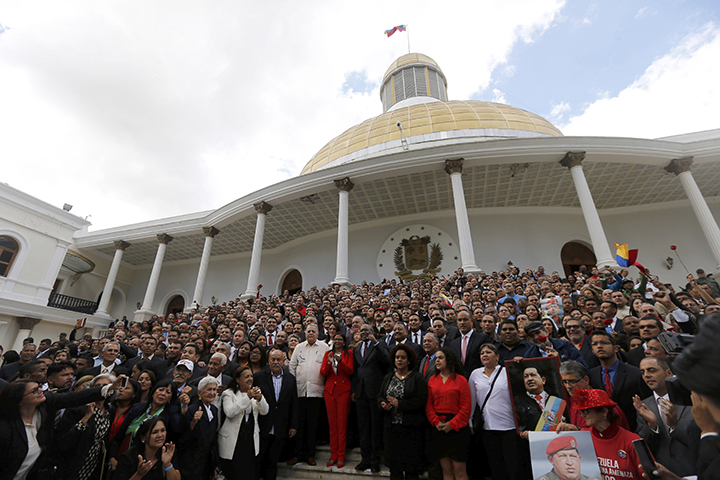
Venezuelan journalist arrested by special forces following coronavirus coverage
Miami, March 22, 2020 — Venezuelan authorities must immediately release journalist Darvinson Rojas and ensure that the media can cover the coronavirus outbreak in the country without fear of retribution, the Committee to Protect Journalists said today.
CPJ emergencies director meets journalists at Venezuela-Colombia border
Safety concerns for media escalate along with political tensions New York, March 7, 2019–The Committee to Protect Journalists traveled this week to Colombia, including its border with Venezuela, to meet with journalists and other press freedom organizations.

Venezuela denies entry to Danish freelance reporter
On January 9, 2019, Venezuelan security agents detained Danish freelance reporter Kristoffer Toft when he tried to enter the country on a tourist visa at Maiquetía airport in La Guaira, in northern Venezuela, the reporter told the Committee to Protect Journalists. Officials interrogated Toft and conducted a Google search of his name before denying him…

CPJ joins letter expressing concern about proposed cyberspace law in Venezuela
The Committee to Protect Journalists joined more than 30 regional and international rights organizations expressing concern about a proposed law in Venezuela that would expand the powers of the government to control and monitor internet use without institutional checks.

Venezuela’s new “anti-hate” law seeks to silence media
New York, November 9, 2017-Venezuela’s constituent assembly yesterday unanimously passed a law that mandates punishment including a prison sentence of up to 20 years for anyone who instigates hate or violence on the radio, television or via social media. The new law, the Anti-Hate Law for Tolerance and Peaceful Coexistence, states that public and private…